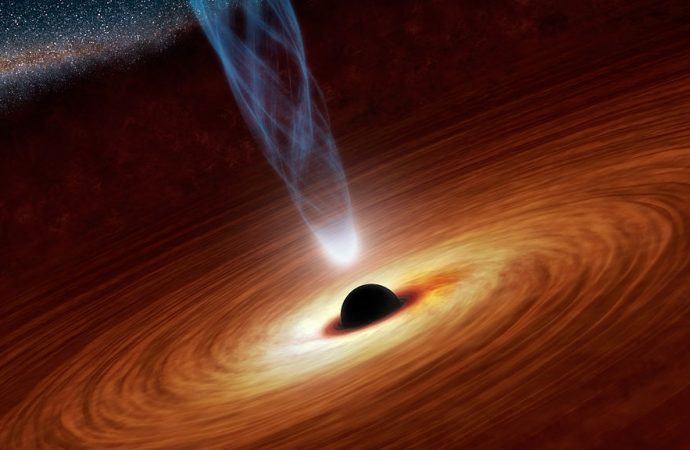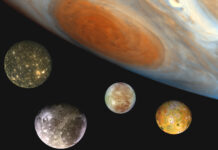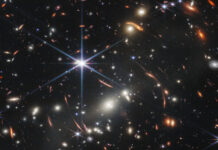Black holes just seem to grow more and more interesting, don’t they?
Black holes test the limits of physicists’ understanding of reality. The smallest, densest objects in the known Universe, they can turn space into time and time into space. They can even “eat” light itself, and they have been useful in detecting gravitational waves [1].
But, because they do not emit light we cannot normally study black holes directly. Scientists can study their accretion disks – structures of diffuse material that orbit a central object (in this case, the black hole). These disks are the only way to directly observe a black hole, by providing contrast between the material that can emit light and the black hole that cannot. Not all black holes form accretion disks, though. Only those with ready access to material, such as a star or nebular cloud, can suck up that material and spin it into a disk-shaped ring about the black hole itself.
As for so-called “spinning black holes,” X-ray photons created within these accretion disks may become entangled according to the direction and speed of the disk’s rotation. In such an entangled state, particles lose their individual quantum states and instead adopt the states created by the black hole’s warping of spacetime.
Spinning black holes
Two characteristics drive the behavior and surrounding environment of spinning black holes. First is its angular momentum (think momentum, but traveling in a circle instead of a straight line); the denser the black hole, the more impressive the angular momentum. Second is its “polarization,” which concerns the black hole’s ability to force anything within its gravity field to adopt the same orbital direction.
Spinning black holes can entrap and polarize massive objects by way of strong gravity. When these black holes become potent enough to impart these effects upon individual photons, neat things are expected to take place: Racorean theorizes that a photon’s quantum states can align with the black hole’s characteristics, entangling some of them to those states.
Entangled photons
Because photons also possess angular momentum and polarization (hence why polarized glasses work the way they do), when they are created inside a spinning black hole’s accretion disk they can become entangled to the black hole itself. The strength of this entanglement depends on how “quickly” the rotating black hole “spins”; in other words, how much spacetime near the black hole has been twisted in the same direction as its direction of physical spin.
Quantum entanglement aligns two quantum entities, usually photons, of the same kind to a single wave-form; two entangled photons will share the same momentum and energy and will behave like a single entity despite appearing as two. In Racorean’s case, the black hole becomes the “second entity” being entangled – but, not exactly?
Until physical measurements of entangled X-ray photons from a spinning black hole are confirmed, all this is merely quantum mechanical theory. The math, though complex, appears sound, so we should expect to detect such photons with the proper instrumentation. If so, then such a find can help shed light on how these photons become entangled and maybe even unlock one more piece of the black hole puzzle.
Sources:
[1] Abbott, Benjamin P., et al. “Observation of gravitational waves from a binary black hole merger.” Physical review letters 116.6 (2016): 061102.
Racorean, Ovidiu. “Creation of single-photon entangled states around rotating black holes.” New Astronomy 59 (2018): 65-70.
Image Credit: By NASA/JPL-Caltech [Public domain], via Wikimedia Commons





